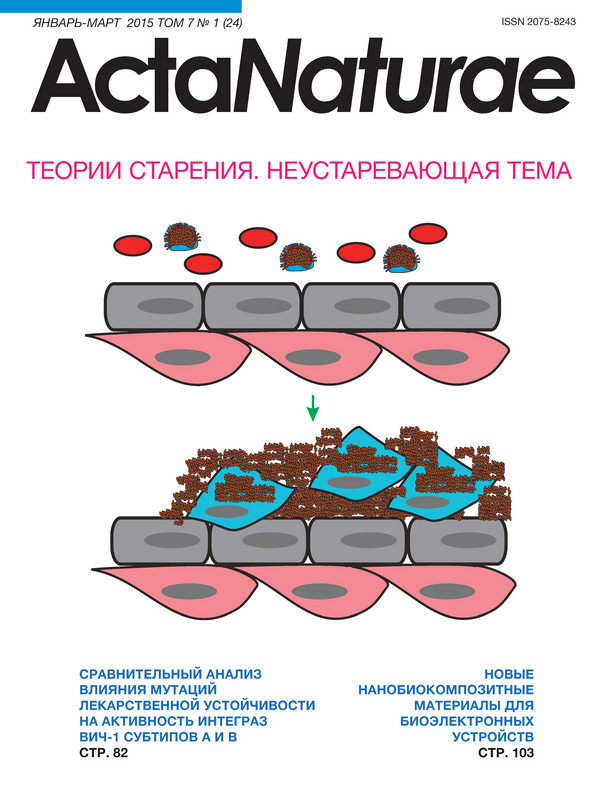Abstract
Integration of human immunodeficiency virus (HIV-1) DNA into the genome of an infected cell is one of the key steps in the viral replication cycle. The viral enzyme integrase (IN), which catalyzes the integration, is an attractive target for the development of new antiviral drugs. However, the HIV-1 therapy often results in the IN gene mutations inducing viral resistance to integration inhibitors. To assess the impact of drug resistance mutations on the activity of IN of HIV-1 subtype A strain FSU-A, which is dominant in Russia, variants of the consensus IN of this subtype containing the primary resistance mutations G118R and Q148K and secondary compensatory substitutions E138K and G140S were prepared and characterized. Comparative study of these enzymes with the corresponding mutants of IN of HIV-1 subtype B strains HXB-2 was performed. The mutation Q148K almost equally reduced the activity of integrases of both subtypes. Its negative effect was partially compensated by the secondary mutations E138K and G140S. Primary substitution G118R had different influence on the activity of proteins of the subtypes A and B, and the compensatory effect of the secondary substitution E138K also depended on the viral subtype. Comparison of the mutants resistance to the known strand transfer inhibitors raltegravir and elvitegravir, and a new inhibitor XZ-259 (a dihydro-1H-isoindol derivative), showed that integrases of both subtypes with the Q148K mutation were insensitive to raltegravir and elvitegravir but were effectively inhibited by XZ-259. The substitution G118R slightly reduced the efficiency of IN inhibition by raltegravir and elvitegravir and caused no resistance to XZ_259.







